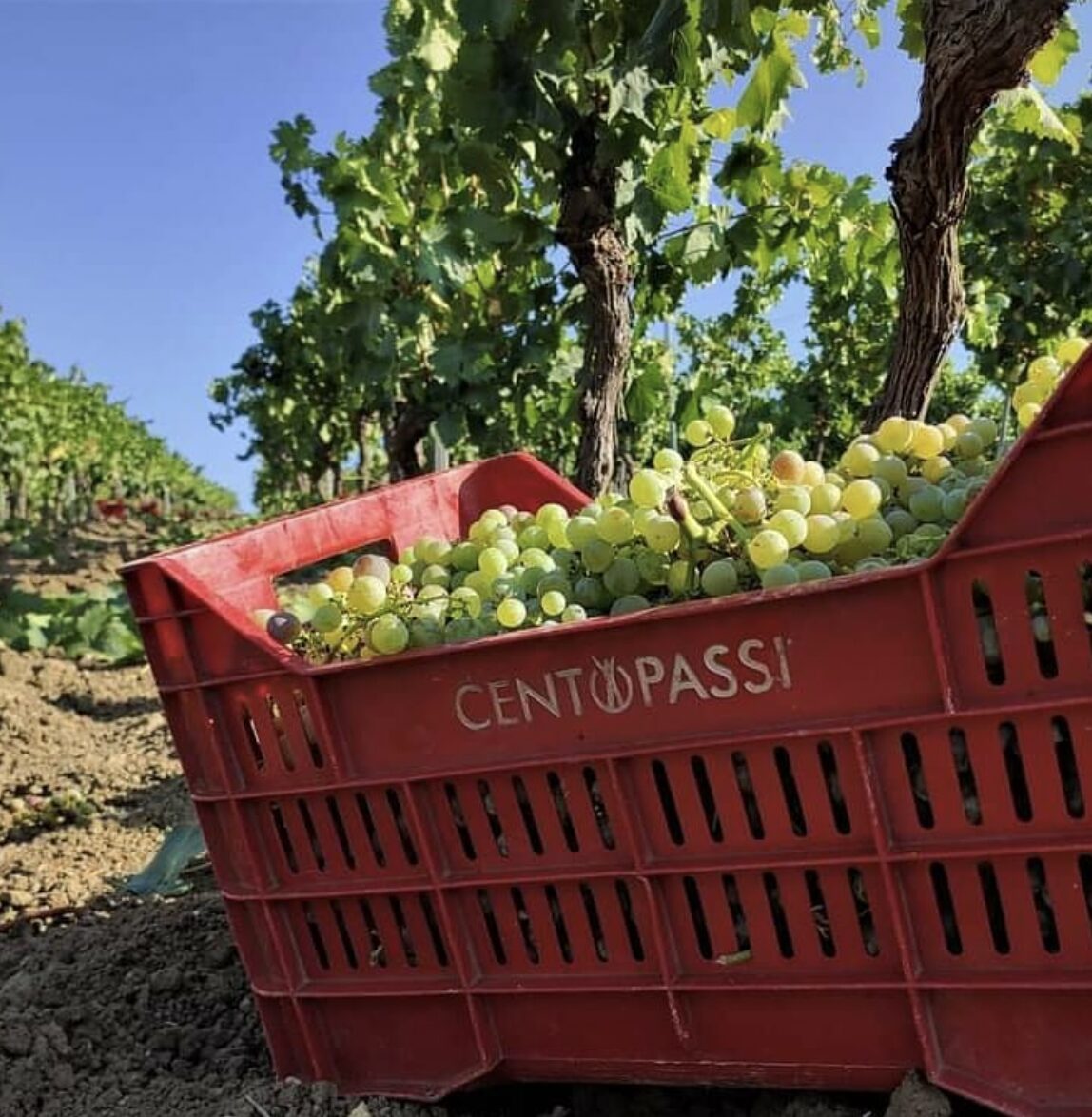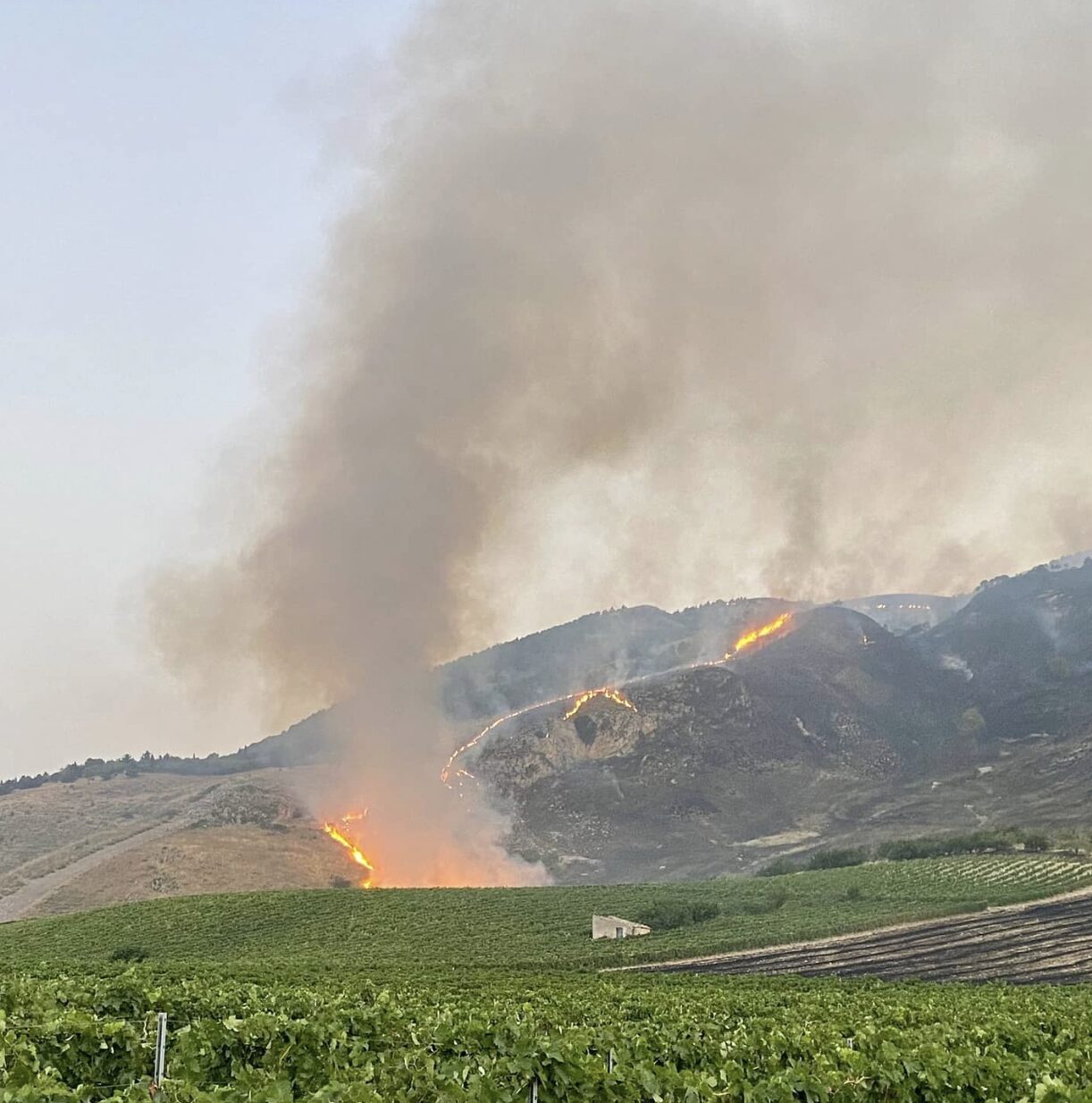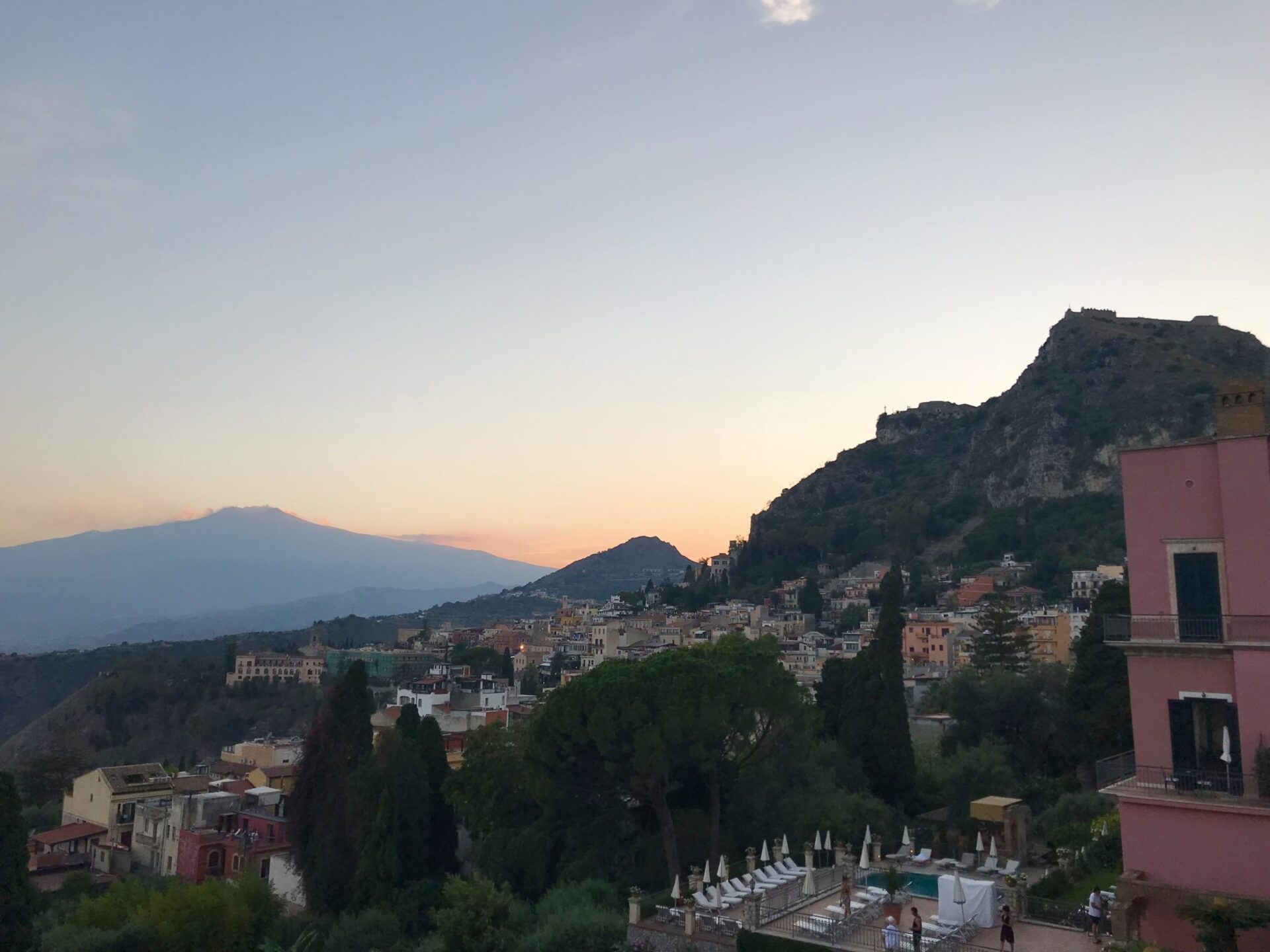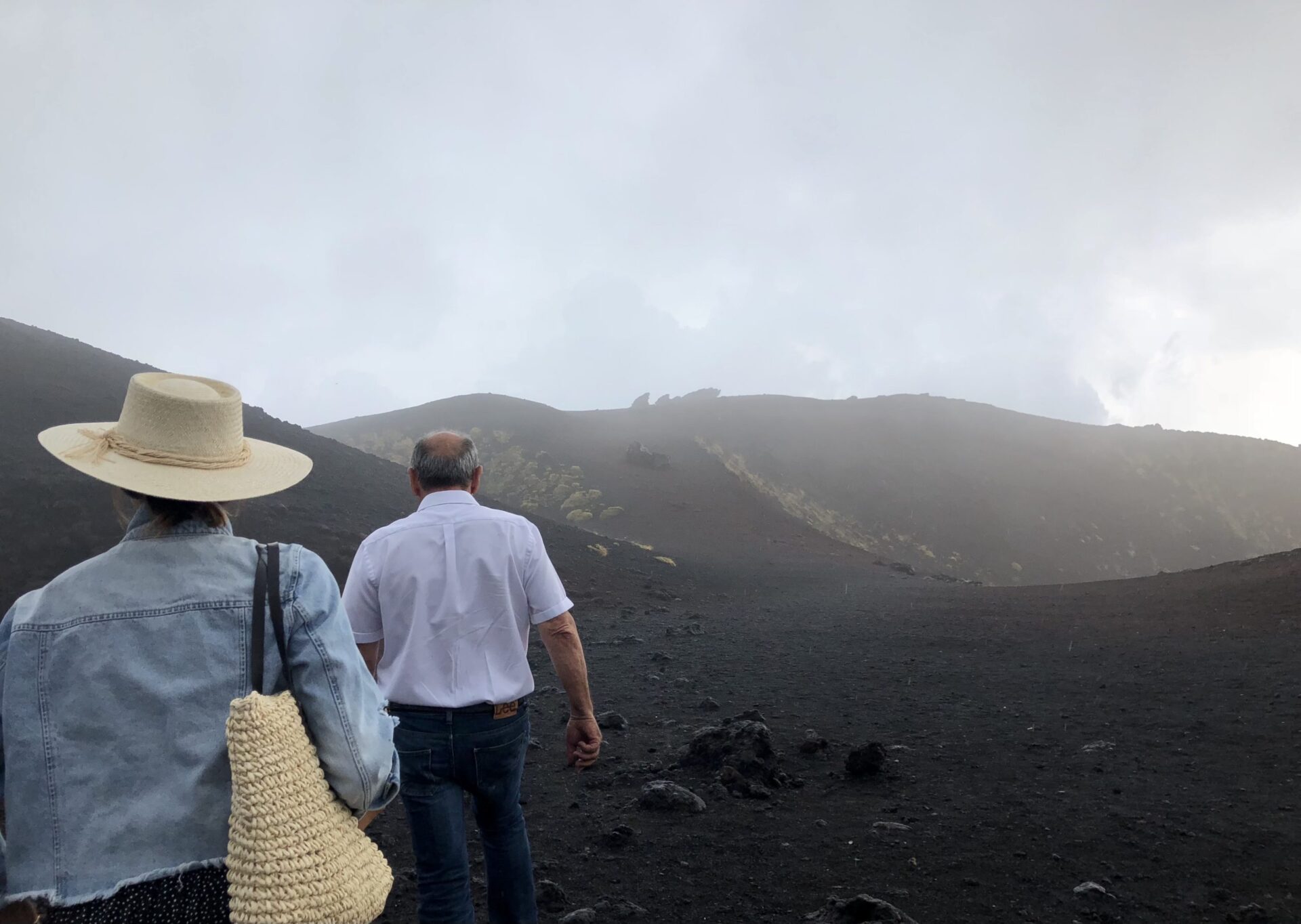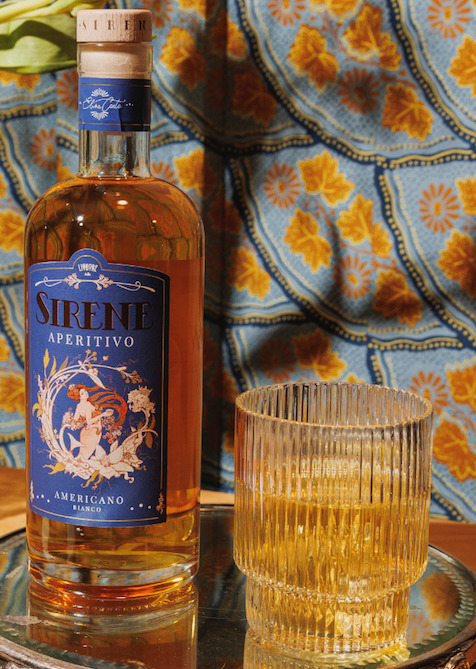2022 Centopassi ‘Giato’ Grillo & Catarratto
Libera Terra is a non-profit organization that has taken on the restoration of land in Italy that was previously controlled by the mafia. Centopassi is a collection of vineyards on Sicily that they confiscated from the mafia and gave back to the local farmers. The result are wines that are distinctively Sicilian – bright, refreshing, salty & volcanic – la dolce vita in a glass.
Certified organic farming practices, hand-harvested, and less than 3,000 cases produced annually.
- Tasting Notes yellow peaches, meyer lemon, grapefruit skin, apple, raw hazelnut, tarragon, honeysuckle, wet rock, saline
- Variety 60% Grillo & 40% Catarratto
- Region Italy, Sicily
- Volume 750ml
- Alcohol Volume 13%
- Table Talk ‘I Cento Passi,’ the Hundred Steps, is an anti-Mafia film made in 2000, and Centopassi wines are made from vineyards confiscated from convicted Mafioso.
‘I Cento Passi,’ the Hundred Steps, is an anti-Mafia film made in 2000, and Centopassi wines are grown in vineyards confiscated from convicted Mafiosi, some of them notorious (such as Salvatore ’Toto’ Riina). In other words, the mere existence of this estate is a renunciation of the Mafia, and of the terrible effect that the Mafia has had on the people of Sicily for generations. We are proud to support Centopassi and Libera Terra, the organization behind it.
Harvest at Centopassi normally takes place at the end of August through September, depending on the variety. Fermentation for the white wines is carried out with neutral selected yeasts, while indigenous yeasts are used for the reds.
Sicily is the largest island in the Mediterranean Sea and one of Italy’s most prominent wine regions. It has a long and rich winemaking tradition dating back thousands of years. Here’s an overview of the Sicily wine region:
Climate and Geography: Sicily’s climate varies from the coastal plains to the inland hills, but it is generally Mediterranean, characterized by hot, dry summers and mild, wet winters. The island’s diverse geography includes fertile plains, volcanic soils, and mountainous terrain, providing a wide range of microclimates suitable for viticulture.
Grape Varieties: Sicily boasts an impressive array of indigenous and international grape varieties. Among the most notable indigenous grapes are Nero d’Avola, a red grape known for its rich, fruity character; and Carricante and Catarratto, white grapes used to produce crisp, aromatic wines. International varieties such as Syrah, Cabernet Sauvignon, and Chardonnay are also cultivated in Sicily.
Wine Styles: Sicilian wines come in a variety of styles, ranging from dry whites and reds to sweet and fortified wines. The island is particularly known for its bold and fruit-forward red wines, often made from Nero d’Avola and blends with other indigenous or international varieties. Sicily also produces aromatic whites, elegant rosés, and fortified wines such as Marsala.
Terroir: Sicily’s diverse terroir influences the character of its wines. The volcanic soils of Mount Etna, Europe’s tallest active volcano, impart unique mineral nuances to the wines produced in the region. Coastal areas benefit from cooling sea breezes, while inland vineyards experience greater temperature fluctuations.
Wine Regions: Sicily is divided into several wine regions, each with its own distinctive characteristics. Some of the most notable wine-producing areas include:
Etna: Located on the slopes of Mount Etna, this region is known for its high-quality red and white wines, characterized by volcanic minerality and elegance.
Marsala: Famous for its fortified wine of the same name, Marsala is produced in the western part of Sicily using indigenous white grapes.
Alcamo: Situated on the island’s northwest coast, Alcamo is known for its aromatic white wines made from Catarratto and other local varieties.
Vittoria: In southeastern Sicily, this region is renowned for its Cerasuolo di Vittoria DOCG, a red wine made from Nero d’Avola and Frappato grapes.
Sustainability: Many Sicilian wine producers are embracing sustainable viticultural practices, including organic and biodynamic farming methods, to protect the island’s natural resources and preserve its biodiversity.
Overall, Sicily offers a diverse and dynamic wine scene, with a wide range of grape varieties, terroirs, and wine styles to explore. Its wines reflect the island’s rich cultural heritage and its status as one of the most exciting wine regions in Italy.



